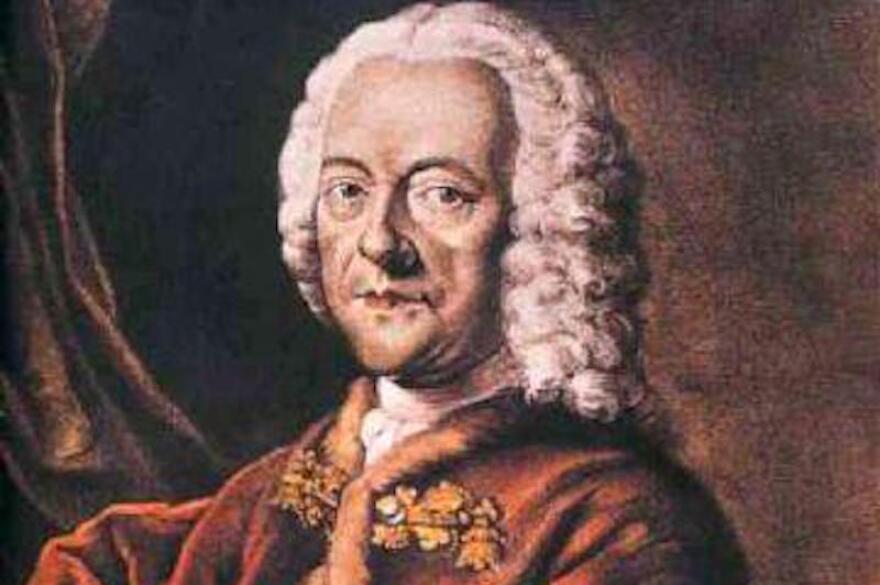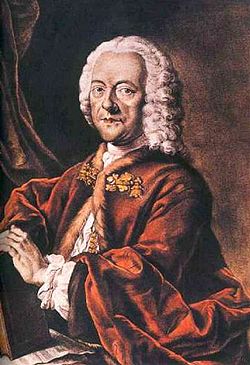In the realm of classical music, few names resonate with as much brilliance and innovation as Georg Philipp Telemann. Born on March 14, 1681, in Magdeburg, Germany, Telemann was a prolific composer and multi-instrumentalist who left an indelible mark on the Baroque era. His extraordinary talent, tireless dedication, and groundbreaking compositions have cemented his place as one of the most influential figures in music history. Join us as we delve into the captivating biography of this musical genius and explore the fascinating world of Georg Philipp Telemann.
Early Life and Musical Pursuits:
From an early age, Telemann displayed an exceptional aptitude for music. As a child, he taught himself to play several instruments, including the violin, keyboard, and flute. His passion for composition flourished during his years at the University of Leipzig, where he immersed himself in the vibrant musical scene of the time. Despite his father’s disapproval of a career in music, Telemann’s unwavering determination led him to pursue his dreams and embark on a path that would forever change the landscape of classical music.
Career Highlights:
Telemann’s musical journey took him through several notable positions, demonstrating his versatility and talent across various genres and styles. His appointment as the music director of Leipzig’s New Church marked the beginning of a prolific career that spanned several decades. It was during this time that Telemann composed a vast array of works, including cantatas, motets, concertos, and orchestral suites, establishing himself as a masterful composer.
In 1721, Telemann was appointed the music director of the city of Hamburg, a position he held for over four decades. His tenure in Hamburg witnessed an extraordinary output of compositions, with his works ranging from operas and oratorios to chamber music and instrumental pieces. Telemann’s remarkable productivity and ingenuity earned him widespread recognition and admiration throughout Europe, solidifying his status as one of the leading composers of his time.
Innovations and Legacy:
Telemann’s music was characterized by its melodic richness, harmonic complexity, and inventive use of instrumentation. He was a trailblazer in incorporating diverse cultural influences, such as French, Italian, and Polish elements, into his compositions. This blending of styles and techniques resulted in a distinctive and captivating musical language that resonated with audiences across borders.
Moreover, Telemann’s entrepreneurial spirit and visionary approach to music distribution were ahead of his time. He employed innovative publishing strategies, including subscription-based models, which allowed him to reach a wider audience and establish financial independence as a composer. His commitment to making music accessible and his pioneering business acumen laid the groundwork for future generations of musicians and composers.
Conclusion:
Georg Philipp Telemann’s life and work are a testament to the transformative power of music. His unwavering dedication to his craft, coupled with his boundless creativity and innovation, have left an indelible mark on the classical music landscape. Through his vast and diverse body of work, Telemann enriched the world with a musical legacy that continues to inspire and captivate audiences to this day. As we celebrate his life and contributions, we recognize Telemann as a true maestro of melodies and a master of Baroque music.


Comments are closed